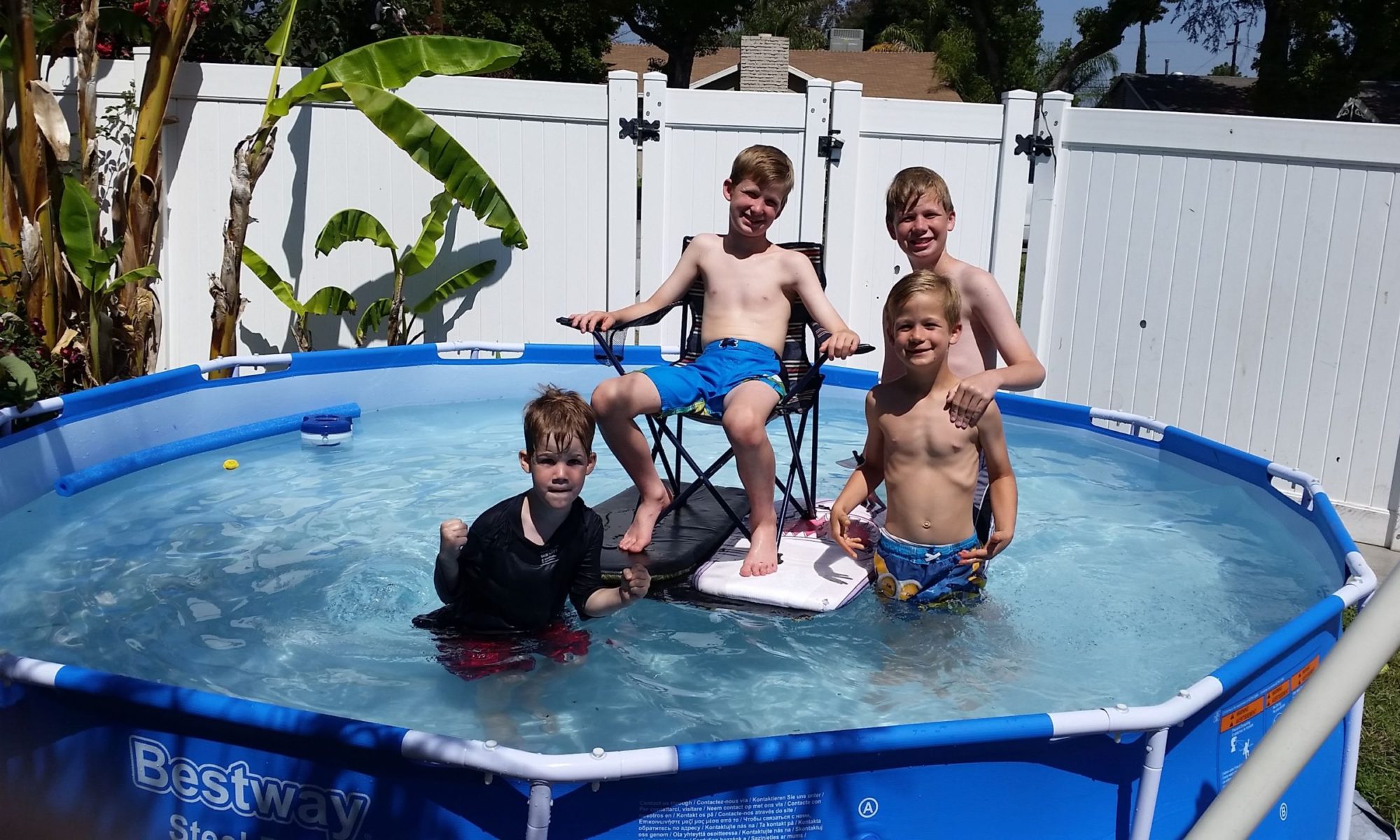I have learned how to replace pain and shame with love and hope. Over the years my children and me had a hard time with school awards assemblies. They were sad they didn’t get any awards, or very few. As a parent, I used to feel some shame for their lack of performance compared to their peers and worry about their future.
For the kids, it is not just assemblies. Week after week some of my children consistently see their peers receive candy and prizes for completing work and scoring well on assignments and tests. Year after year they watch others get what they want so badly but feel they will never achieve. How can we help children with disabilities feel their individual worth and cope with these loses?
- Base their value on their efforts and character development instead of outcomes.
- Teach them their divine nature and individual worth.
- Teach them acceptance and faith in God’s Goodness.
A Few Years Ago I Wrote This In My Journal.
March 2, 2016. “I was thinking about the boys and their schooling. It is sad for me that they are the poorest in their classes because I know it must make them feel bad. They can’t have the false pride from comparing themselves to somelse and being better. Their worth and approval must come from their divine nature.”
“I also worry about them developmentally never being able to catch up. I worry they will always do poorly in school and have a hard time learning and that it would be a disadvantage for them in learning spiritual things as well as obtaining a good career and having means to serve the Lord.”
“But, something tells me all is right. They will be humble because of the lack of false pride. They will be instruments in the hands of God because of their humility. I have to prayerfully try to help my children learn math, writing, reading, and faith—the best I can. And then I need to accept the results with faith because my endeavor was done with faith by revelation.”
What is False Pride
When I mention false pride I am talking about basing worth on outcomes and on comparisons with others. “I am good because I got an A.” “I am a good because I don’t get in trouble like those kids.” I was full of this as a child and well into my adult years. I patted myself on the back for every positive thing I did: being a “good” member of my church, baking, cleaning—all of it.
This is prideful because I didn’t do any of that on my own. God gave me my talents and allowed me to do those things without obstacles stopping me. He alone is good. (Mark 10:18, Ether 4:12)
I call it false pride because it created a false identity for myself. I saw myself as my accomplishments or whatever I was into and my very self-worth depended on how well I performed from day to day.
Accomplishments should be celebrated! There is a lot of character development behind them and the beauty in them. And I believe we need to remember to give the glory to God for those things we celebrate and thank Him for them.

Individual Worth
I try to help my kids keep in mind that they are more than just how they do in school. Not only do they have other talents and skills from God— they are of infinite worth as a child of God.
We teach children they are valuable by treating them with kindness, respect, patience and unconditional love. Along with this, we apologize and make ammends when we mess up and treat them with any disrespect.
Their self-respect will increase as we hold them responsible for their actions. Giving them consequences with empathy allows them to repent and try to improve. We can also praise their positive character traits verses their outcomes. For example, when someone gets an award or a good grade say, “Good job working hard at school, trying your hardest, etc.” “That must’ve taken a lot of hard work.” “You were very patient with that.”
Acceptance of Sad Things
This week my son was really sad about not getting candy and computer time when other kids in his class did. I talked with him about how hard it has been over the years so he knew that I understood. That night I prayed for him very hard and the next day he broke his arm. “God works in mysterious ways,” I thought.

On the way to the hospital he had lots of worries and I told him we would handle anything we needed to with God’s help and together. He went through terrible pain as the doctor reset his bone. Afterward, he expressed how kind everyone we interacted with was— from the staff to the people in the waiting room. He also said, “It’s ok that I broke my arm.” I was so pleased with his maturity in acceptance. That kind of acceptance of hard things (made possible because of faith in God’s love) can help him with any loss.

I can’t change that he gets fewer prizes at school, misses out on things, and might not make as much money as others when he gets older. But, I can accept that it is all in God’s hands and trust that He is good all the time. We will do our best each day and put the rest in His hands. This replaces pain with love and hope. It also helps us focus on individual worth instead of our pride.
